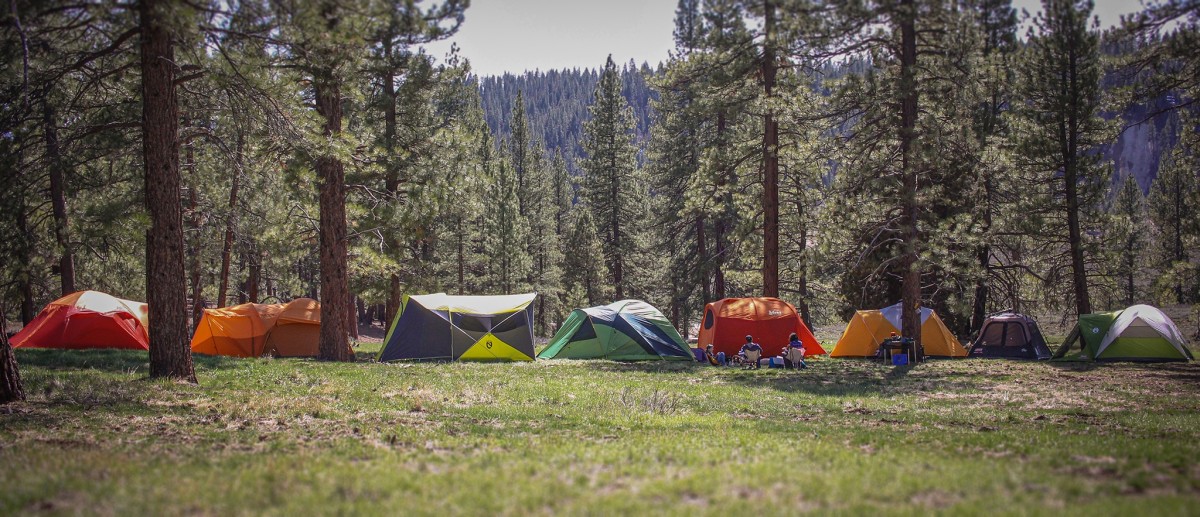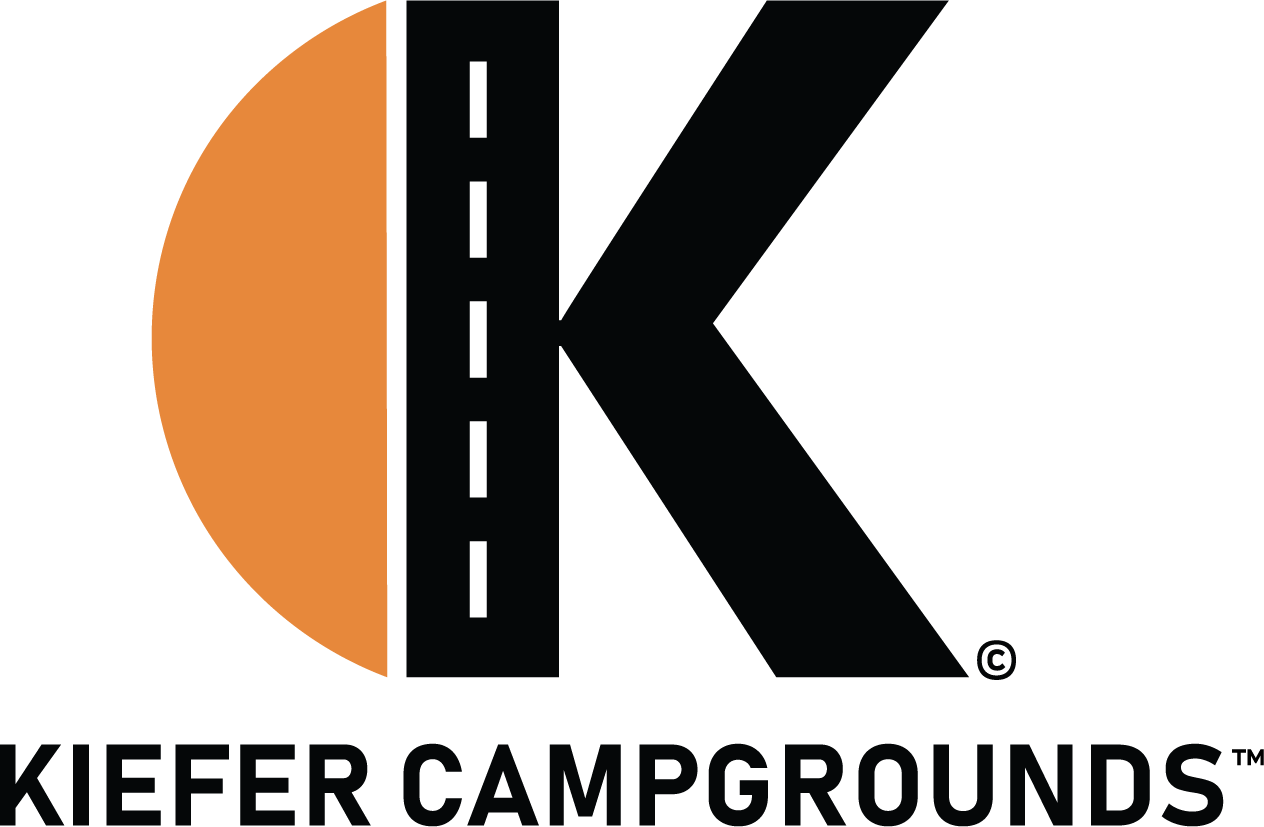Camping For Beginners

Camping can be a wonderful and rewarding experience for beginners. Here are some tips to help you get started:
Beginners Guide
- Choose the Right Campsite: Start with established campgrounds or campsites that provide amenities like bathrooms, potable water, and possibly even electricity. As you gain more experience, you can venture into more primitive or backcountry camping.
- Gather Essential Gear: Invest in basic camping gear like a tent, sleeping bag, sleeping pad, camping stove, cookware, and a flashlight or headlamp. Borrow or rent equipment if you’re unsure about committing to a purchase.
- Practice Pitching Your Tent: Before heading out, practice setting up your tent at home. This will help you become familiar with the process and ensure you’re not struggling with it at the campsite.
- Pack Appropriate Clothing: Check the weather forecast and pack clothing layers that can handle temperature fluctuations. Include rain gear and extra socks.
- Plan Meals: Plan simple meals that are easy to prepare. Pre-packaged camping foods, instant oatmeal, canned goods, and sandwiches are great options. Don’t forget to bring utensils and cookware.
- Stay Hydrated: Bring an adequate supply of potable water or a water filtration system if you’re camping in an area with access to natural water sources.
- Leave No Trace: Follow the principles of Leave No Trace, which means packing out all trash, minimizing impact on the environment, and respecting wildlife.
- Stay Organized: Keep your campsite tidy by designating specific areas for cooking, eating, and storing gear. This will help you find things easily and prevent accidents.
- Bring First Aid Supplies: Pack a basic first aid kit with essentials like bandages, antiseptic wipes, pain relievers, and any personal medications you might need.
- Check Campfire Regulations: If campfires are allowed at your chosen campsite, make sure to follow the local regulations. Bring firewood or a camping stove for cooking.
- Learn Basic Camping Skills: Familiarize yourself with basic camping skills like starting a fire, using a camping stove, tying knots, and basic navigation.
- Stay Safe: Let someone know your camping plans and expected return date. Carry a map, compass, or GPS device if you’re heading into more remote areas.
- Test Your Gear: Before your camping trip, set up and test all your equipment to ensure everything is in working order.
- Respect Quiet Hours: Be considerate of other campers by adhering to designated quiet hours.
- Embrace the Experience: Disconnect from technology and enjoy the natural surroundings. Listen to the sounds of nature, stargaze, and appreciate the tranquility.
Remember that your first camping trip might have a learning curve, so don’t be discouraged by any challenges you encounter. As you gain experience, you’ll become more comfortable with various aspects of camping. Soon you can start exploring more advanced techniques and locations.
Come to Kiefer Campgrounds for your first time camping!
Family owned and operated, Kiefer Campgrounds strive to offer you the best rates for a comfortable location with outstanding service, and spotless facilities. When you stay in one of our parks, you are no longer just a happy camper, but a part of our family! We are most certain you will enjoy your stay with us. Pick your favorite location and book your spot now before it’s too late! You’ll be happy you did!




